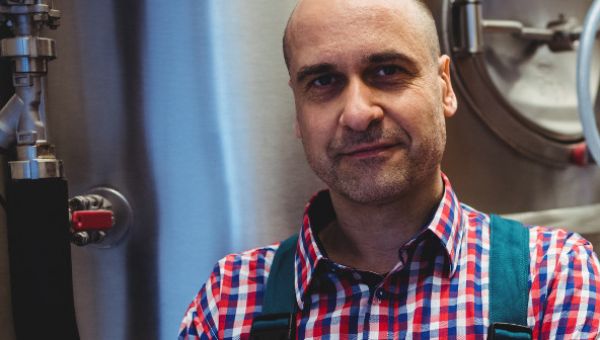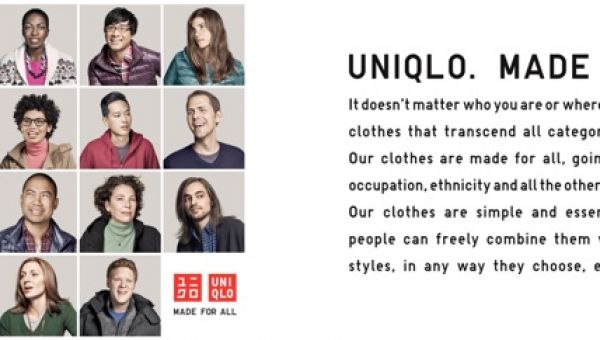Do you live in a rural community and have a viable business idea or want to expand your current business, but don’t know how to get funding? We can help!
Securing funding for a start-up or expansion can seem discouraging and daunting. Community Futures will help guide you through the process and become the successful entrepreneur we know you can be! There are many reasons why small businesses need funding such as start up costs, equipment, inventory, staffing, among many other expenses. Community Futures offers flexible and affordable small business loans for entrepreneurs in rural communities to help with those costs.
Don’t know where to start?
The first part of securing a loan is understanding the 5 C’s of lending. These are the elements that lenders consider when approached by a borrower.












